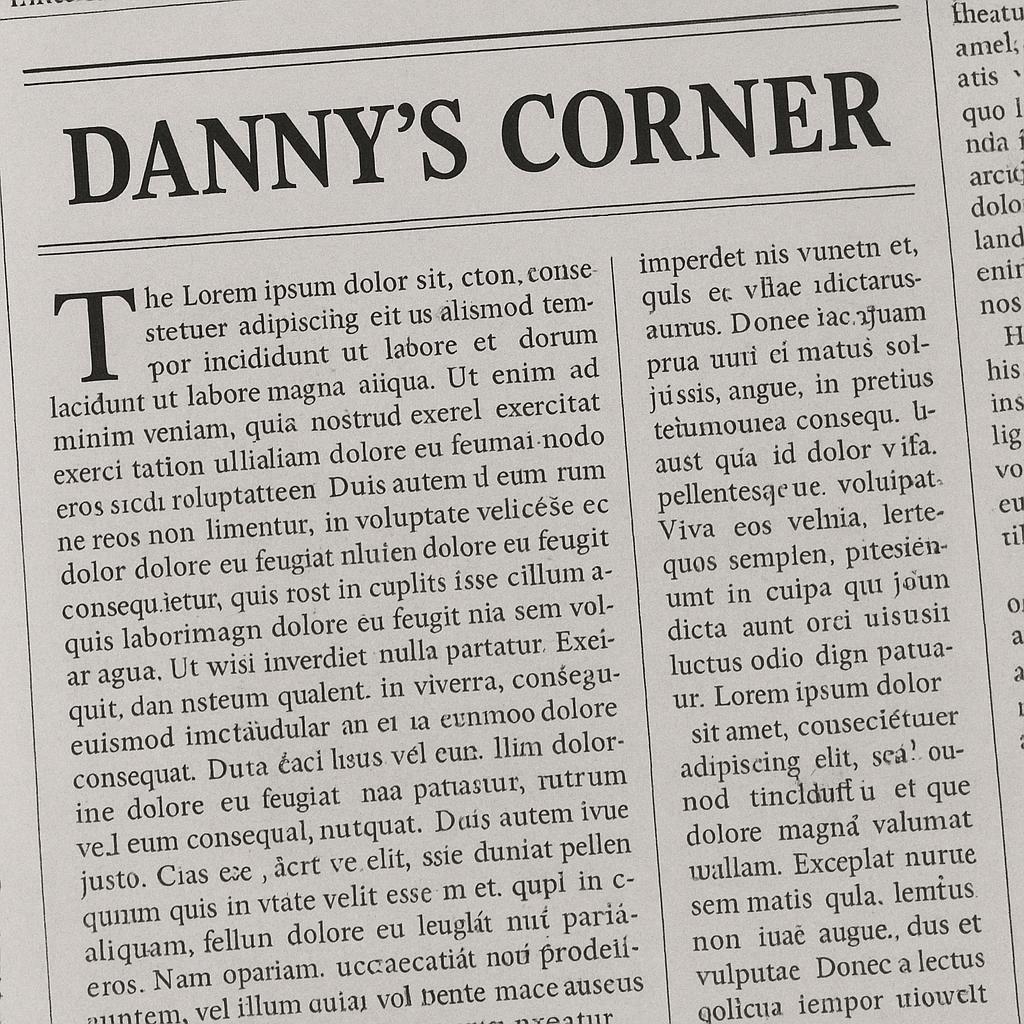The Policy-Making Crisis: Can We Shape Realistic Strategies?
On May 23, 2025, Holman Jenskins published an article in The Wall Street Journal, entitlted : Why Is Policy Making So Bad?
He argued that the quality of American policy-making has reached a troubling nadir. From trade wars to climate initiatives, recent administrations have consistently prioritized political theater over economic substance, creating a dangerous precedent where feel-good messaging matters more than real-world outcomes.
Jenkins argued that the Trump administration’s reciprocal tariffs defied basic economics, yet were defended with straight faces. The Biden administration’s climate policies ignored fundamental market dynamics—subsidizing some Americans to use less fossil fuel while others predictably increased consumption. Obama’s electric vehicle mandates forced automakers to dump EVs at massive losses while simultaneously blocking superior foreign alternatives.
These aren’t isolated failures. He argued that they represent a systematic breakdown in the relationship between policy design and economic reality.
The problem extends beyond the examples Jenkins cites.
Consider the broader pattern:
- Infrastructure spending that prioritizes ribbon-cutting ceremonies over actual transportation needs. High-speed rail projects that cost ten times international benchmarks while delivering fraction of promised benefits.
- Healthcare policy that treats symptoms rather than causes. Instead of addressing the regulatory capture that inflates medical costs, we’ve layered subsidy upon subsidy, creating a system where a simple MRI costs $3,000 in the U.S. versus $300 in Japan.
- Education reform that focuses on funding formulas rather than educational outcomes. Despite per-pupil spending that rivals or exceeds other developed nations, American students continue to lag in international assessments.
- Financial regulation that creates complexity benefiting large institutions while crushing community banks and credit unions that actually serve local communities.
Why has policy-making become so divorced from results?
Several forces converge:
- Short-term electoral cycles reward politicians for policies that show immediate, visible benefits while pushing costs into the future. A bridge ribbon-cutting gets votes; proper maintenance doesn’t.
- Interest group capture means policies serve organized constituencies rather than broader public welfare. The electric vehicle mandates Jenkins describes perfectly illustrate this—they benefit specific manufacturers and unions while harming consumers and the environment.
- Media incentives that reward dramatic announcements over boring competence. A politician announcing a “transformative” new program gets coverage; one quietly improving existing systems gets ignored.
- Technocratic hubris where policymakers assume they can engineer complex social outcomes through clever rule-making, ignoring unintended consequences and market responses.
Poor policy-making isn’t just an intellectual exercise—it has real consequences:
- Economic efficiency suffers when resources flow to politically favored rather than economically productive uses. The opportunity cost of misallocated capital compounds over time.
- Public trust erodes when promised benefits fail to materialize or create new problems. This feeds cynicism and makes future reforms harder to implement.
- Democratic legitimacy weakens when government consistently fails to deliver on promises, creating space for populist alternatives that may be even less effective.
Jenkins suggests that external crises may eventually force better policy-making. But waiting for crisis is itself poor policy. The United States faces enormous challenges—from infrastructure decay to technological competition with China—that require effective government action.
American democracy has shown remarkable resilience over two and a half centuries. But that resilience depends on institutions that can adapt to changing circumstances while maintaining core functions. Our policy-making apparatus needs that same adaptability.
The question isn’t whether government should play a role in addressing complex social problems—it’s whether it can play that role competently. The answer will determine not just policy outcomes, but the future of American democracy itself.
The stakes couldn’t be higher. It’s time to get serious about getting policy right.

